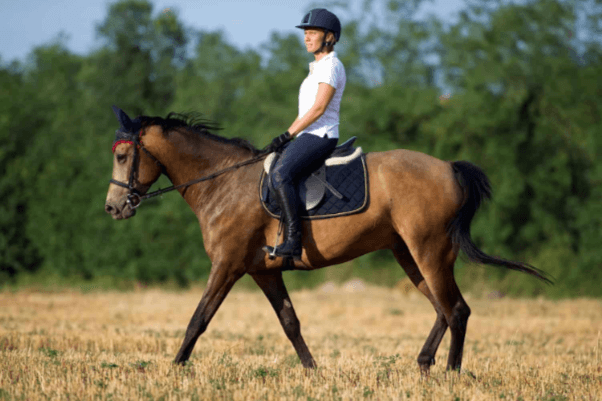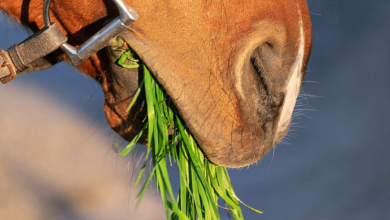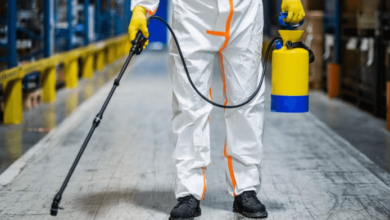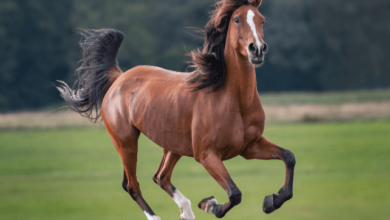What strategies do you use to improve a horse’s speed and stamina?

Introduction
In the world of equestrian sports, the speed and stamina of a horse are crucial factors that determine success. Whether you’re involved in racing, eventing, or endurance riding, enhancing your horse’s physical capabilities can make a significant difference. This article delves into the strategies you can use to improve a horse’s speed and stamina, providing insights into training regimens, nutrition, recovery techniques, and more.
Understanding Equine Physiology
Before implementing any training strategies, it’s essential to understand the basics of equine physiology. Horses have a unique muscular and cardiovascular system that allows them to perform at high levels. Their large lung capacity and efficient oxygen utilization enable them to sustain prolonged physical activity. Knowing how these systems work helps in designing effective training programs.
Tailored Training Programs
Interval Training
One of the most effective methods to improve a horse’s speed and stamina is interval training. This involves alternating between high-intensity work and rest periods. For example, a horse may gallop for a short distance, followed by a period of walking. This type of training enhances cardiovascular fitness and builds muscle strength.
Long Slow Distance (LSD) Training
LSD training is crucial for building endurance. This involves riding your horse at a steady, moderate pace over long distances. It helps in developing the aerobic system, allowing the horse to perform for extended periods without fatigue.
Hill Work
Incorporating hill work into your training regimen can significantly boost a horse’s strength and stamina. Uphill work enhances muscle development and cardiovascular fitness, while downhill work improves balance and coordination.
Sprint Training
For speed enhancement, sprint training is vital. Short, intense bursts of speed followed by adequate rest periods help in developing fast-twitch muscle fibers, which are essential for quick, explosive movements.
Nutrition and Hydration
Balanced Diet
A balanced diet is fundamental to improving a horse’s speed and stamina. High-quality forage, such as hay and grass, should be the cornerstone of the diet. Additionally, grains and concentrates provide the necessary energy for high-performance activities.
Protein and Fat
Proteins are crucial for muscle repair and growth, while fats serve as a long-lasting energy source. Incorporating these nutrients into the diet supports sustained physical activity and recovery.
Electrolytes and Hydration
Horses lose significant electrolytes through sweat, especially during intense training. Providing electrolyte supplements and ensuring adequate hydration is vital to maintain performance and prevent dehydration.
Recovery and Rest
Cool-Down Periods
After intense workouts, it’s essential to allow the horse to cool down gradually. Walking the horse for 10-15 minutes post-exercise helps in preventing muscle stiffness and promotes recovery.
Massage and Stretching
Regular massages and stretching exercises can alleviate muscle tension and improve flexibility. These practices enhance blood circulation, aiding in faster recovery and reducing the risk of injury.
Adequate Rest
Rest is as important as training. Overworking a horse can lead to fatigue and injuries. Ensure your horse gets sufficient rest between intense training sessions to recover fully.
Monitoring and Assessment
Regular Health Checks
Frequent health assessments by a veterinarian ensure that your horse remains in peak condition. Monitoring heart rate, respiratory rate, and overall physical condition helps in identifying any potential issues early.
Performance Tracking
Keeping a record of your horse’s performance can help in adjusting training programs as needed. Track progress through timed runs, distance covered, and other performance metrics.
Mental Conditioning
Desensitization Training
Horses need to be mentally fit as well. Desensitization training helps in reducing anxiety and improving focus, which is crucial during competitions.
Positive Reinforcement
Using positive reinforcement techniques, such as treats and praise, can motivate your horse and create a positive training environment. This helps in building trust and encouraging cooperation.
Custom Training Plans
Individualized Approach
Every horse is unique, and what works for one may not work for another. Tailor your training programs to fit the specific needs and capabilities of your horse.
Consultation with Experts
Seeking advice from equine trainers, veterinarians, and nutritionists can provide valuable insights and help in creating an effective training strategy.
FAQs
What is the best type of training to improve a horse’s speed? Interval training, incorporating short bursts of high-intensity work followed by rest periods, is highly effective for improving a horse’s speed.
How can I build my horse’s stamina? Long slow distance (LSD) training, which involves steady, moderate-paced riding over long distances, is excellent for building stamina.
What should I feed my horse to enhance performance? A balanced diet with high-quality forage, grains, proteins, and fats, along with adequate hydration and electrolyte supplements, supports optimal performance.
How important is rest in a horse’s training program? Rest is crucial to prevent fatigue and injuries. It allows the horse to recover and build strength, making rest periods an integral part of any training program.
Can mental conditioning impact a horse’s performance? Yes, mental conditioning, including desensitization training and positive reinforcement, helps in reducing anxiety and improving focus, which are essential for competition performance.
How often should I assess my horse’s health? Regular health checks by a veterinarian are essential. Additionally, monitoring performance metrics frequently can help in adjusting training programs effectively.
Conclusion
Improving a horse’s speed and stamina requires a comprehensive approach that includes tailored training programs, proper nutrition, adequate rest, and mental conditioning. By understanding your horse’s unique needs and working with equine experts, you can enhance performance and achieve your equestrian goals.





